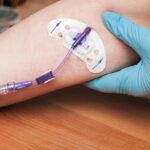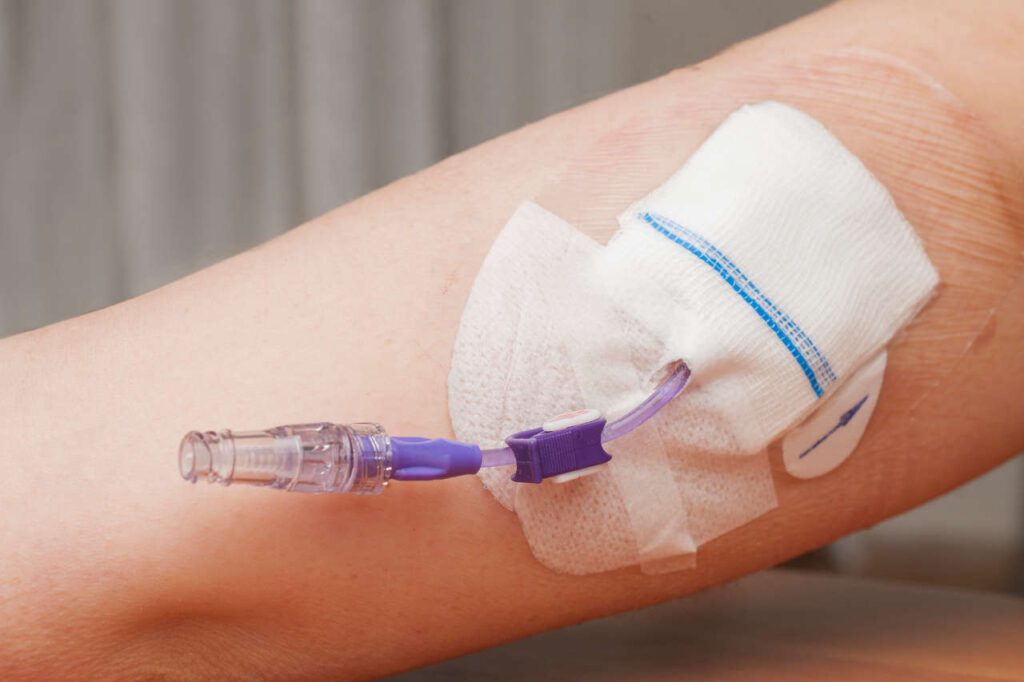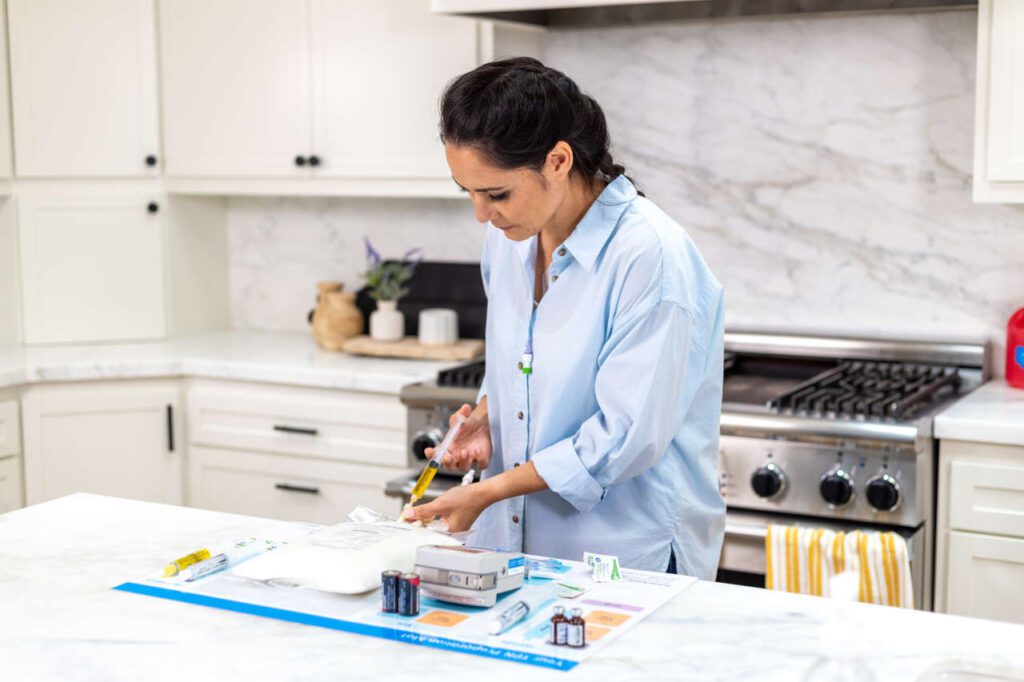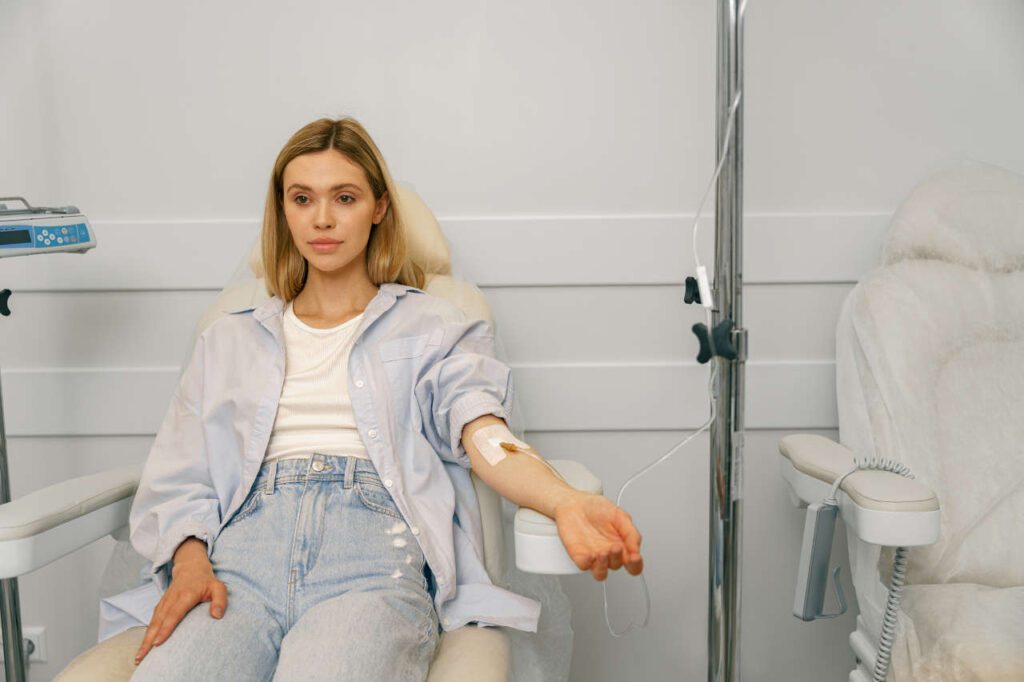
DOCTOR PROFILE
About Dr. Christine Leduc, Pharm. D.
Dr. Christine Leduc, Pharm. D. was born and raised in Irvine, CA. She attended college at Midwestern University, where she graduated cum laude. The most rewarding part of her job is suggesting lifestyle changes, educating patients on how their medication works, and precepting future pharmacists. Her areas of expertise are customer service and knowledge of specialty medication. Having worked in the service industry in the past, she has gained the customer service skills necessary to understand the needs of her patients. Dr. Leduc is currently precepting students from Marshall B. Ketchum University, University of Kansas, and Midwestern University. In her free time, she enjoys traveling, baking, and gardening.
Articles by Dr. Christine Leduc, Pharm. D.









